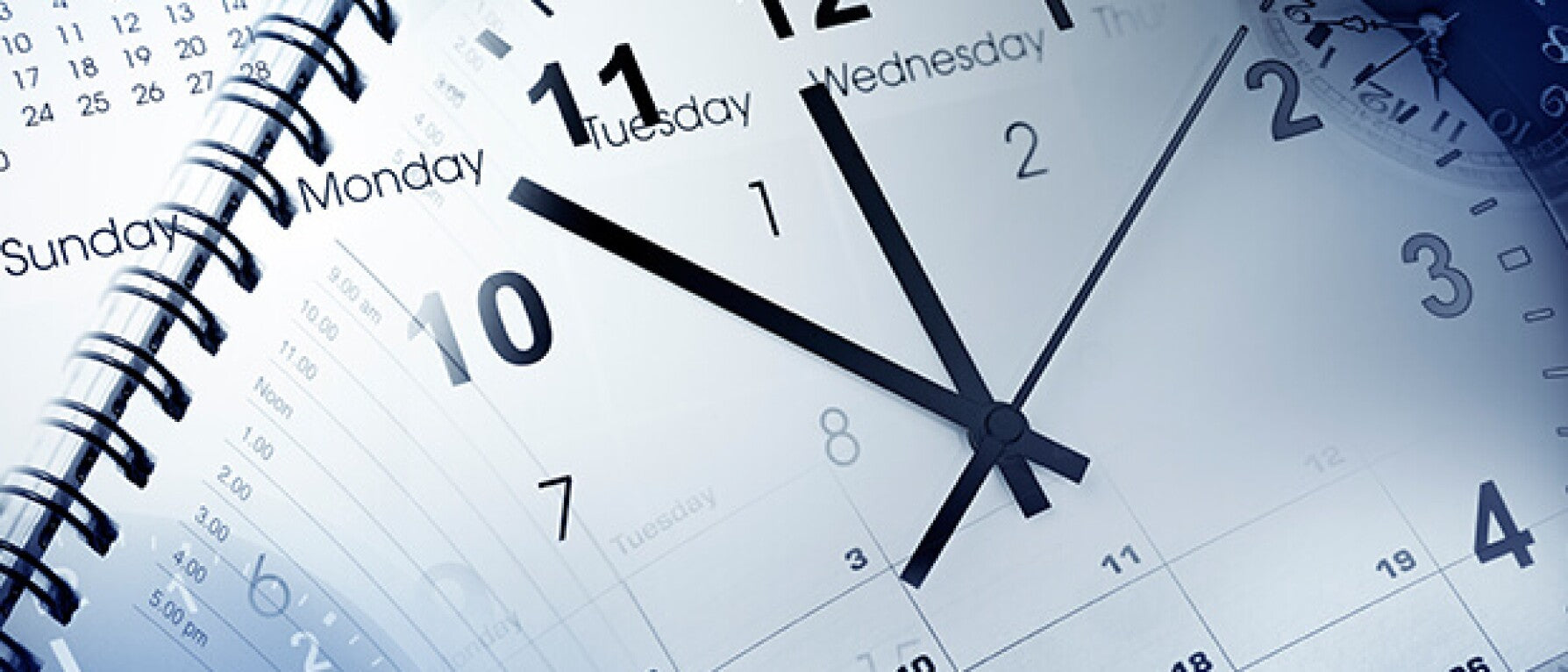Stressed out because you have too much to do? You’re not alone. A busy calendar is one of the biggest contributors to stress. When we have a lot on our plates, we end up hurrying through our day and multitasking, which will only exacerbate stress levels.
Deepak Chopra has some advice to the busy bees of the world looking to reduce stress. And it’s all about how we manage our time.
Deepak says that the key is to divide our day up into segments:
Deepak also advises that while you’re involved in a certain activity, to give it your full and undivided attention. Try not to check emails while you’re having dinner—a trap we all fall into occasionally but which can prevent us from fully experiencing both the work and the meal. Mixing up the segments might not only inhibit the full experience, but can also make things take longer than they should.
Plan Ahead
Creating cushions in your schedule is also a good tactic to reduce your risk for stress. Leave yourself enough time between getting from point A to point B—whether getting to and from meetings, classes or getting from home to work to dinner plans—to help diffuse potential stressors that may arise that are out of your control. For example, if you know that you have to be on time to your 9 a.m. meeting and it takes you 20 minutes to get to work, leave yourself 30 so you don’t have to rush and don’t get stressed out if you hit some traffic.
If you arrive early, close your eyes and take a few deep breaths.
Deepak Chopra has some advice to the busy bees of the world looking to reduce stress. And it’s all about how we manage our time.
Deepak says that the key is to divide our day up into segments:
- Sleep time
- Exercise time
- Work time
- Down time
- Creative time
- Eating time
- Include other segments as relevant
Deepak also advises that while you’re involved in a certain activity, to give it your full and undivided attention. Try not to check emails while you’re having dinner—a trap we all fall into occasionally but which can prevent us from fully experiencing both the work and the meal. Mixing up the segments might not only inhibit the full experience, but can also make things take longer than they should.
Plan Ahead
Creating cushions in your schedule is also a good tactic to reduce your risk for stress. Leave yourself enough time between getting from point A to point B—whether getting to and from meetings, classes or getting from home to work to dinner plans—to help diffuse potential stressors that may arise that are out of your control. For example, if you know that you have to be on time to your 9 a.m. meeting and it takes you 20 minutes to get to work, leave yourself 30 so you don’t have to rush and don’t get stressed out if you hit some traffic.
If you arrive early, close your eyes and take a few deep breaths.

